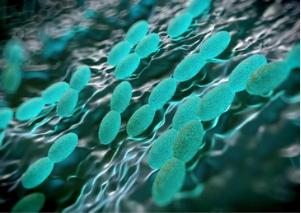The challenges and opportunities presented by the contribution of microbial metabolism to quality wine production are staggering. During fermentation, yeast metabolizes the sugars in the must and converts them into alcohol and other by-products such as acetaldehyde, pyruvate, and succinic acid. This process not only produces the desired flavor and aroma compounds but also helps preserve the wine. Many types of microorganisms are involved in the overall winemaking process, the main microbial species being yeasts, non-yeast bacteria as well as lactic acid bacteria. In addition, microbial metabolism in wine can produce unwanted by-products, such as acetic acid and ethyl acetate, leading to wine spoilage. Therefore, the winemaker must carefully control the fermentation conditions to ensure that the desired metabolic pathways are favored and that the production of harmful by-products is minimized.

The basic metabolic processes and bioregulation of microorganisms are key to forming wine flavors and determining the wine flavor substances and winemaking process. Many types of microorganisms are found to be involved in the entire winemaking process. As one of the leading providers of wine microbiology testing, Lifeasible offers professional wine metabolic toxicology testing solutions to detect various microorganisms in wine, including yeasts, molds, bacteria, etc. Our laboratories will perform tests in strict compliance with international standards and provide reliable analytical results.
We offer a variety of techniques to help our customers monitor and control microbial metabolism in wine production, including microbiological analysis, gas chromatography, and high-performance liquid chromatography. These methods allow customers to follow the fermentation process and identify any issues affecting wine quality.
Testing for metabolic toxicology in wine is an important part of ensuring the safety and quality of wine. Our solutions are designed to help our customers comply with regulatory requirements and ensure that their wines meet industry standards. If you are interested in our solutions, please contact us for technical consultation and quotation.